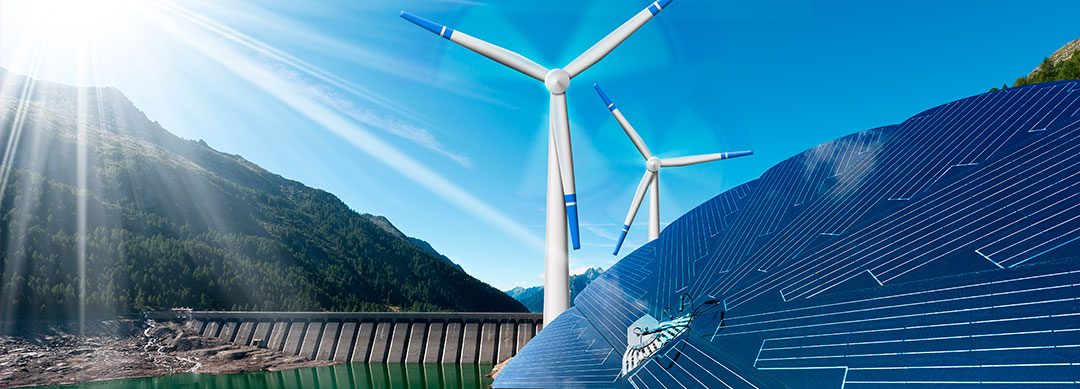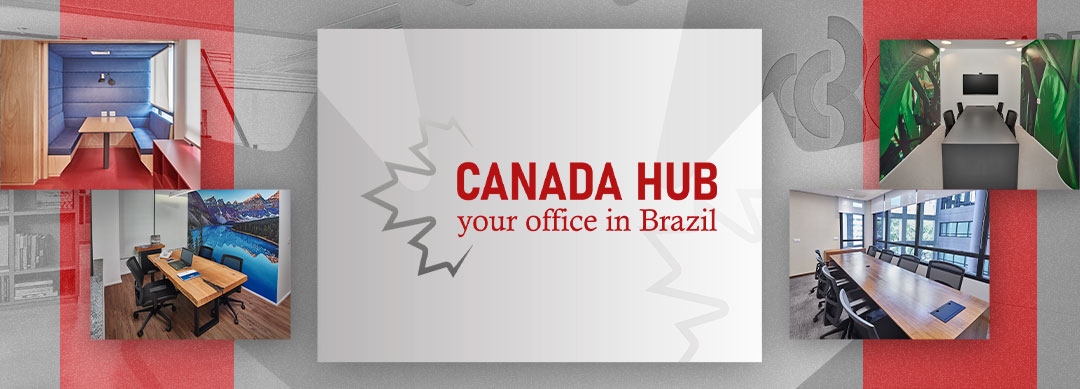Projects in Brazil in areas such as sanitation, clean energy and mining can reserve good opportunities for Canadian companies
By Estela Cangerana
Brazil wants to show the world that it is one of the best global options to host international investments in the coming years, with clear rules, security and excellent return rates. Even more: the country also wants to prove that it can offer all that in a sustainable way, in a socially and environmentally responsible economy. To this end, it has committed itself to moving ahead with an ambitious agenda of structural reforms, modernizing legal frameworks and granting a wide range of works to the private sector. Possible investors include Canadian companies and funds on the radar.
The commitment has been repeated by members of the first echelon of the government, directly involved in this project, such as ministers Rogério Marinho, Regional Development, and Bento Albuquerque, Mines and Energy. Both recently spoke to these investors during the Brazilian Week CCBC Online Festival, revealing not only business opportunities but also an interest in getting closer to Canada. The Brazilian government’s view is that the North American country can be an important partner in this process.
“We have promoted a market economy, with predictability, legal certainty, respect for contracts and differentials so that the liquidity that exists in the world, and in Canada, can be invested in the opportunities that are being generated in Brazil”, said Marinho.
“We changed the development funds so that they can structure projects so that our portfolio brings opportunities for the private sector. The projects follow the OECD (Organization for Economic Cooperation and Development) and World Bank standards, with all sustainability and security practices. We are concerned with a green economy, development with governance and respect for the environment”, added the minister.
Strategy
According to him, the fund restructuring is a sign from THE government that it is strongly committed to continue promoting the reforms that Brazil needs, which started with the fiscal responsibility, labor and social security legislation, and continue in the tax and administrative areas. In addition to these, updates to sectoral milestones, such as, for example, coastal shipping, which should
encourage activity, and the New Gas Law, which will increase the participation of private companies in the natural gas market. The domestic supply of natural gas in Brazil is expected to more than double in 10 years.
The energy sector is strategic in the country’s growth plan and should receive great attention. “Energy is the basis for development. We are promoting the modernization of the energy sector with a comprehensive regulatory effort, with diversification of sources and aiming at the expansion of supply and demand”, declared Minister Albuquerque.
According to him, the estimates indicate an increase of 1.6% per year in the number of residential energy consumers in Brazil by 2030, an increase of 2.5% per year in energy demand by 2024 and 3.3% per year between 2025 and 2030. In the longer term, forecasts are still for continued growth. The energy development plan for 30 years from now estimates an expansion of 3.5 times in electricity consumption, from 73,000 average MW in 2020, to 241,000 average MW in 2050.
To meet this country’s development, the government has already scheduled bidding rounds for several concessions in the second half of 2020 and throughout the year 2021.
In addition to energy, the mining area should also remain attractive to investors. Brazil exploits 80 types of known mineral commodities, with 9,400 active mines, in a sector with an intense relationship with Canadian companies.
Sanitation
Another sector with great relevance and many opportunities for the private sector is the management of water resources. Recently, the enactment of the law for the new Basic Sanitation Legal Framework was an important step in an activity considered highly critical in the country. Approximately 35 million Brazilians still do not have access to drinking water and 100 million do not have access to a sewage network. For universal sanitation, R$ 700 billion will be needed by the year 2033.
Currently, the service is provided in 94% of Brazilian cities by state-owned companies, and only 6% of the municipalities have private management of the activity. With the new legislation, this imbalance should be minimized by companies such as Canada’s BRK Ambiental, which now operates in 12 Brazilian states, serving 15 million people.
Like BRK, several other Canadian companies can see a scenario of expanding opportunities in Brazil, both in areas related to infrastructure, industry and retail. There are many examples of those who bet on the Brazilian market and have been
obtaining success, as the asset manager Brookfield, the company specialized in energy efficiency Armstrong and the food manufacturer McCain Foods.
In addition to the ministers, the consul general of Canada in São Paulo, Heather Cameron, the consul and senior trade commissioner Elise Racicot, the director of Brookfield Brasil and coordinator of CCBC Infrastructure and Investment Committee, Bayard Lucas de Lima, KPMG’s Environmental, Social & Governance (ESG) managing partner, Ricardo Zibas, McCain’s financial vice president, Clovis Amorim, Armstrong Brasil’s country manager, Hilton Nascimento, the head of Sustainability at BKR Ambiental, Carlos Almiro Magalhães, and the environmental specialist at Vale, Márcia Soares participated in the debates on investment and sustainability possibilities at the Brazilian Week Online CCBC Festival.
Learn more:
Watch the webinar Investment Opportunities in Brazil at
https://www.youtube.com/watch?v=WiMz-fF2o3I
Watch the webinar Sustainability and Investment Opportunities in Brazil at
https://www.youtube.com/watch?v=rrD4gAjn2c4




